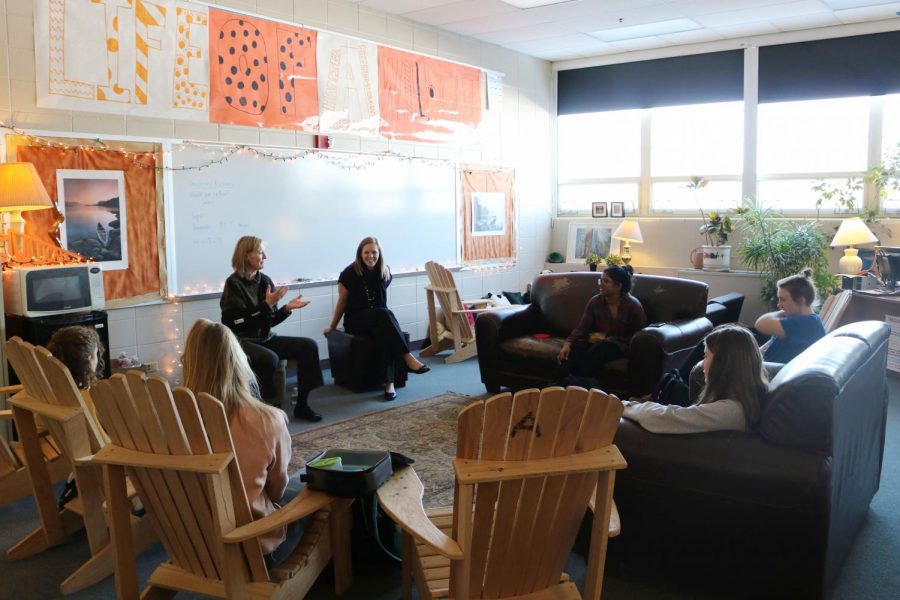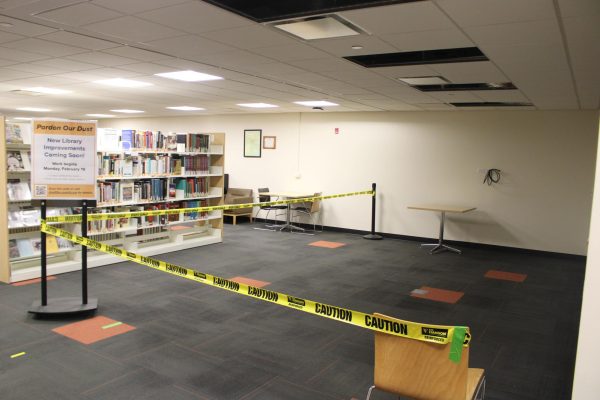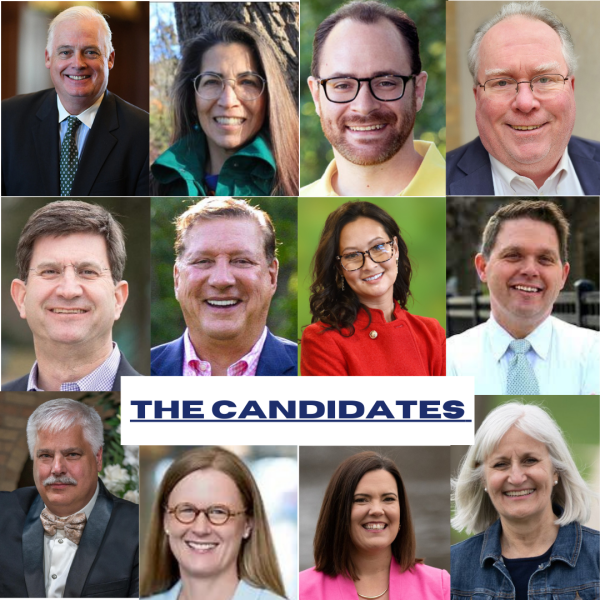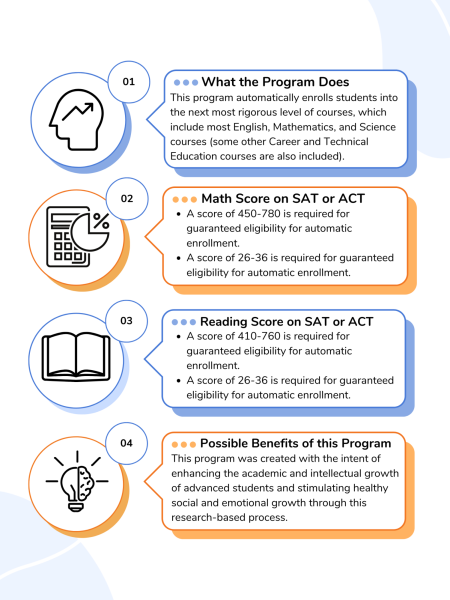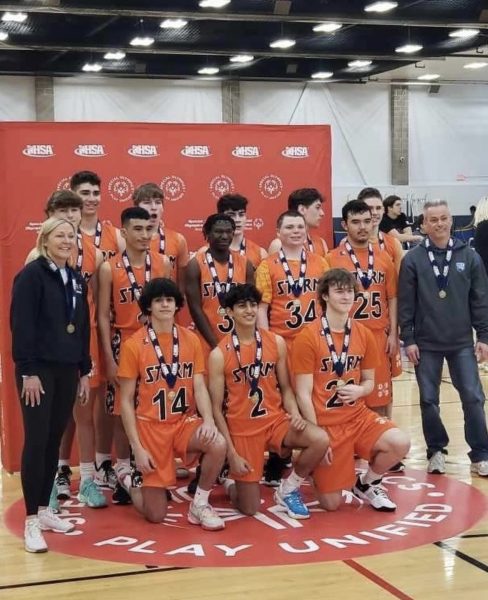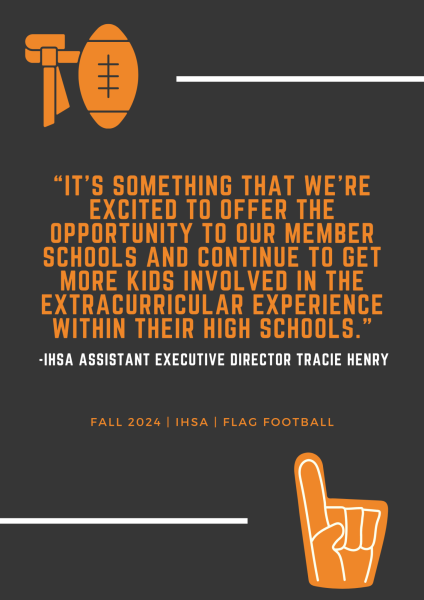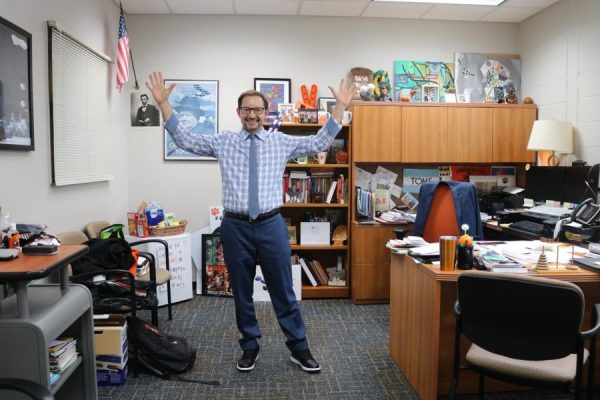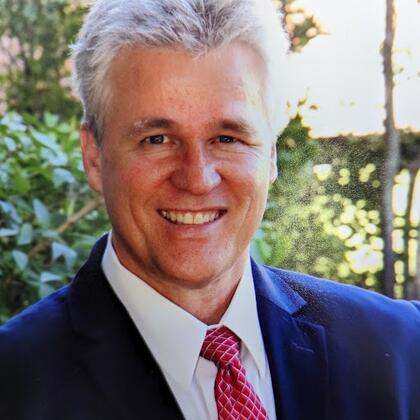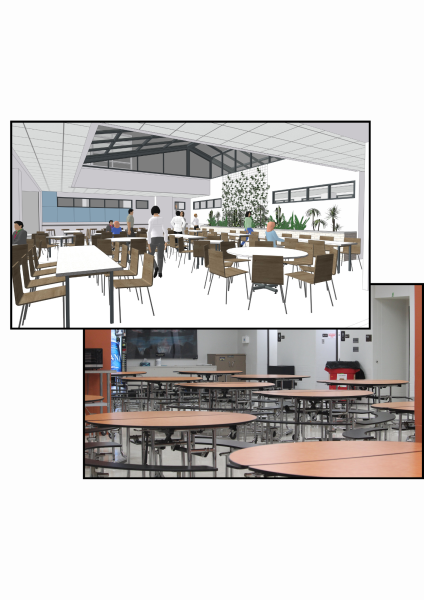LHS offers new pilot leadership programs
Dr. Brenda Nelson speaks to sophomores and freshmen during seventh-period lunch about how to handle high school, stress and life, all aspects of the new mentoring and leadership programs.
Three new leadership programs, Freshman Leadership Academy, Sophomore Mentor Program, and Sophomore Seminar Series, have been added to LHS and are available for freshmen and sophomores seeking to become stronger leaders.
The Freshman Leadership Academy began second semester this school year. Associated with this program is the Sophomore Mentor Program, and the sophomore mentors participate alongside the freshmen, acting as an older friend. There are roughly 70 students total involved in these programs: around 50 freshmen and 20 sophomores. They meet once a week on Tuesdays during their lunch periods in Dr. Brenda Nelson’s room.
Every freshman and sophomore at LHS received an email in November and December informing them these opportunities would be offered. Many students who joined the program received a letter of persuasion from a teacher or coach advising them to join the program because they view them as potential leaders. Dr. Nelson, the prevention and wellness coordinator, sent all the students an email with an application to fill out that asked why they want to be a leader and what it meant to them to be a leader.
Within the Sophomore Mentor Program is the opportunity to go to the Sophomore Seminar Series, which are four to six leadership seminars held by Dr. Nelson and Mrs. Jennifer Uliks, the student activities director. If students complete all seminars, they will receive acknowledgement of their completion on their student record. The seminars are a base requirement to be sophomore mentor. Dr. Nelson said there are still some openings for the Sophomore Seminar Series depending on which lunch period a student has.
All three of these programs are brand new to LHS, and Dr. Nelson considers them as pilot programs in their experimental stage; they will eventually change through feedback. The idea for these groups had been percolating for about a year.
“It was a conversation about how to then prepare kids and then just get them reflecting on who they are as people and what areas they need to grow in and what do they really want for for themselves, in terms of just goals both in high school and beyond, and how to tie those into conversation about leadership,” expressed Dr. Nelson. “All of this is new. … We are just trying it and see how it goes.”
During Dr. Nelson’s three years as prevention and wellness coordinator at LHS, the gap between when Link Crew ends and when kids start to develop leadership roles, typically their junior year as upperclassmen, has been a consistent concern brought to her attention. These three programs attempt to fill this gap.
Dr. Nelson runs the programs and provides the activities for the students; however, the students complete the activities themselves. Students participate in stress-free activities, including meditating for a few minutes before each session begins. They also have journals that they write in, along with topics of the week to specifically focus on.
“I wanted to get involved because I know what it’s like to be a freshman. You feel very vulnerable, and you kind of feel like you want people to look up to you. I guess it’s kind of nice to have juniors and seniors do Link Crew, but when you have someone closer in your age [like the Sophomore Mentor Program], it makes more sense,” explained sophomore Lexi Bolke, who is involved in the Sophomore Mentor Program.
Sophomores were included in the program to help guide the freshmen since the sophomores have recently experienced being a freshman. Joshua Stair, a sophomore who is a part of the program, described the relationship between the freshmen and sophomores as being on an equal playing field. The sophomores do not talk down to the freshmen; instead, they help them and work collaboratively so they all can become better leaders.
“We don’t try to be a leadership factory. It’s more for kids to kind of get a chance to think about what makes them uniquely them and how they can apply that to be a potential leader,” said Dr. Nelson.
The main goal for all the programs is to give kids more access to leadership experience and to develop skills that they can apply to any leadership roles they may encounter. There are three broad categories that make up an effective leader, according to Dr. Nelson, that the program tries to keep an eye on: relationships, self awareness and healthy habits. The programs also strive to be as interactive as possible, but also to be inductive and to reflect and facilitate students’ own ideas.
“I’m excited to see the freshmen grow because it’s a group of good kids, and I feel like they have a lot of potential to become really good leaders,” said Stair. “I hope to become a better leader and understand my classmates more. I just feel as I grow and get to know more people, it’s more important to be 100 percent [certain] about what I believe in as a leader. I think [the program] can really help me.”
Freshmen, including Rachel Erdmann, are also looking forward to the program: “I am most excited about learning about and meeting new people in the program who share the same dreams and goals as I do,” she said over email. “Everyone in this program is here because they want to make a positive difference in their community, and it’s amazing to see so many people expressing their beliefs in one area.”



